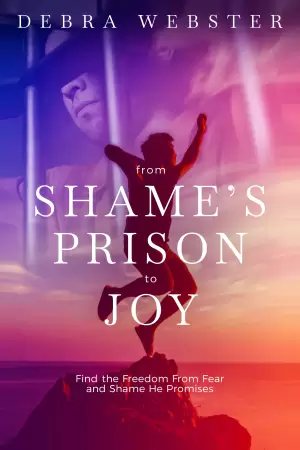Captivated by Heartbreak: A Review of Sunrise on the Reaping (The Hunger Games, #0.5)
When I first dove into Sunrise on the Reaping, the latest offering from the brilliant Suzanne Collins, I had no idea it would leave me emotionally wrecked. As a long-time fan of The Hunger Games, I approached this prequel with both excitement and trepidation. After reading it, however, I’m left grappling with an emotional hangover; the book is just that powerful.
From the very beginning, Collins’ writing envelops you, transporting you back to the somber world of Panem with a depth and intensity that I thought only existed in the original trilogy. The quote that struck me most—“Sure as the sun will rise tomorrow”—captures the haunting inevitability of fate that permeates the story. This isn’t just Haymitch’s tale; it’s a reflection on survival, trauma, and the brutal realities of oppression, making it incredibly relevant to contemporary issues.
At the heart of the narrative is Haymitch Abernathy, the character we never quite understood in the original series. His inner turmoil leaps off the page, revealing a complex mixture of despair and resilience. I was utterly captivated by Collins’ portrayal of his descent into darkness, particularly with the emotional weight of loss and helplessness. Moments like the death of Wyatt, a fellow tribute, crystallized for me the profound impact of the Games—not just on Haymitch, but on every character entangled in this cruel tapestry. Each loss cuts deeper, leaving Haymitch—and subsequently, us—wondering what it means to survive in a world designed to break you.
Collins’ masterful storytelling is complemented by her sharp, unflinching writing style. Her ability to weave real-world injustices into a dystopian narrative is remarkable. Themes of systemic oppression resonate strongly, making us confront uncomfortable truths about society. Phrases like “They will not use my tears for their entertainment” linger in your mind, compelling you to rethink the ways suffering has been normalized.
The pacing of the story is relentless; I found myself caught in its gripping narrative, often pausing only to catch my breath. I read it during my commute, neglecting sleep as I clung to every word. It was impossible to ignore how the setting felt darker and more oppressive than ever, mirroring our own world’s struggles against authoritarian regimes.
While the book poignantly explores Haymitch’s character, we also encounter a rich tapestry of supporting characters—Maysilee, Beetee, and Wiress—all of whom add to the emotional heft. Maysilee’s fierce spirit and heartbreaking fate are pivotal, serving as painful reminders of the Capitol’s merciless grip on life and hope.
Collins’ Sunrise on the Reaping isn’t just a prequel; it is an essential piece of literature that complements the original trilogy while exploring new, haunting layers. For those who adored the original series and are intrigued by the complexities of human emotion in a dystopian landscape, this book is a must-read.
In closing, if you’ve ever wondered what drove Haymitch to become the man he is in The Hunger Games, prepare to be moved. Collins has given us not only an exploration of survival but also a poignant reflection on love, loss, and the fight against tyranny. After finishing this book, I found myself both heartbroken and hopeful—a duality that will surely resonate with many. It’s a beautiful mess, and one I will remember for years to come. If you’re ready for a well-crafted emotional journey, grab a copy; you’ll be glad you did.
Discover more about Sunrise on the Reaping (The Hunger Games, #0.5) on GoodReads >>













